Programs
School Gardens
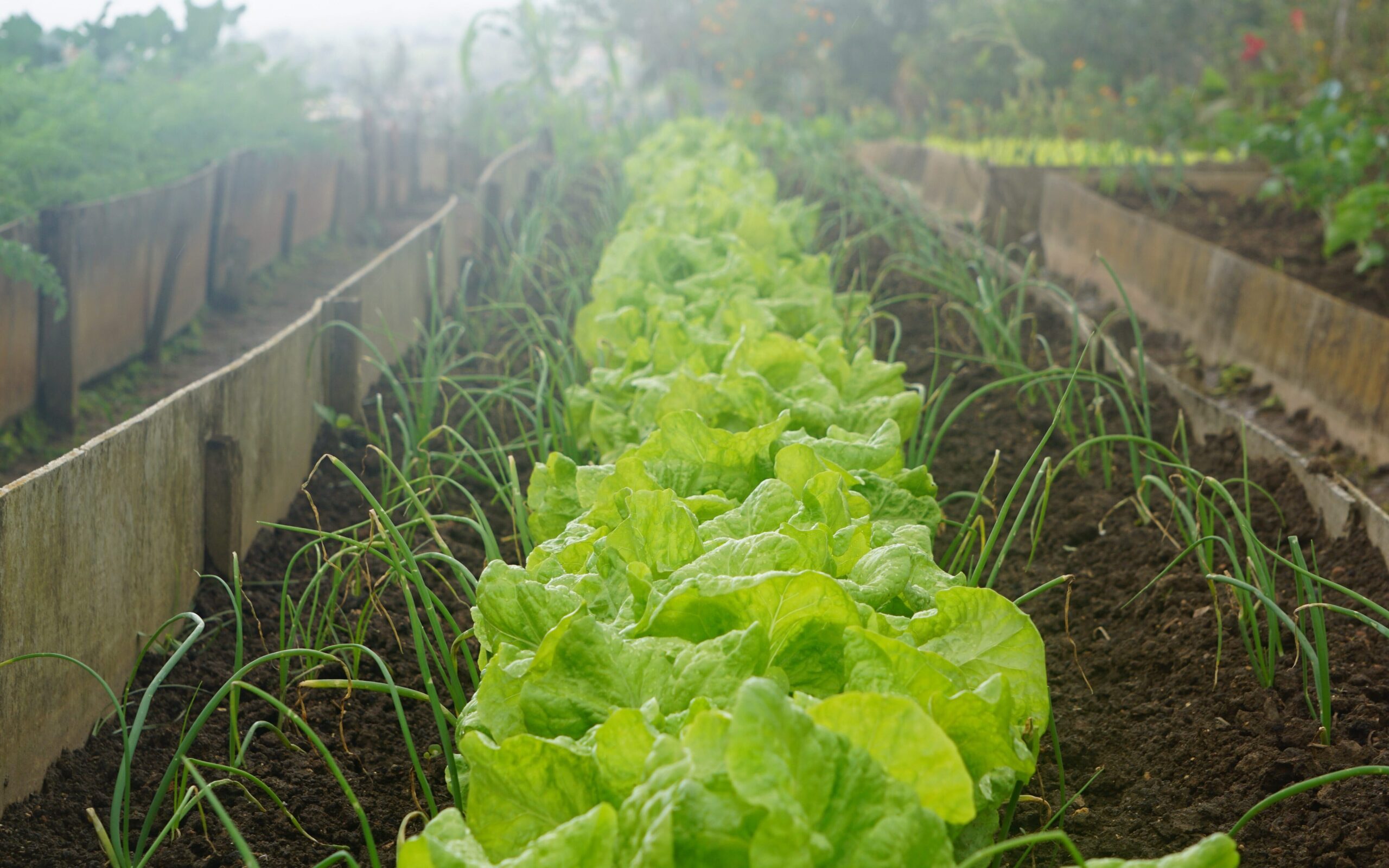
Slow Food USA’s National School Garden Program (NSGP) aims to reconnect youth with their food by teaching them how to grow, cook and enjoy real food. By becoming informed eaters, today’s children will help make a positive impact on the future of food and farming. Whidbey Island schools teach students the importance of growing their own food and bringing it to the table. Slow Food Whidbey Island supports these “farm-to-school” programs.
To learn more about Slow Food USA’s NSGP, please visit https://slowfoodusa.org/school-gardens/.
Slow Fish
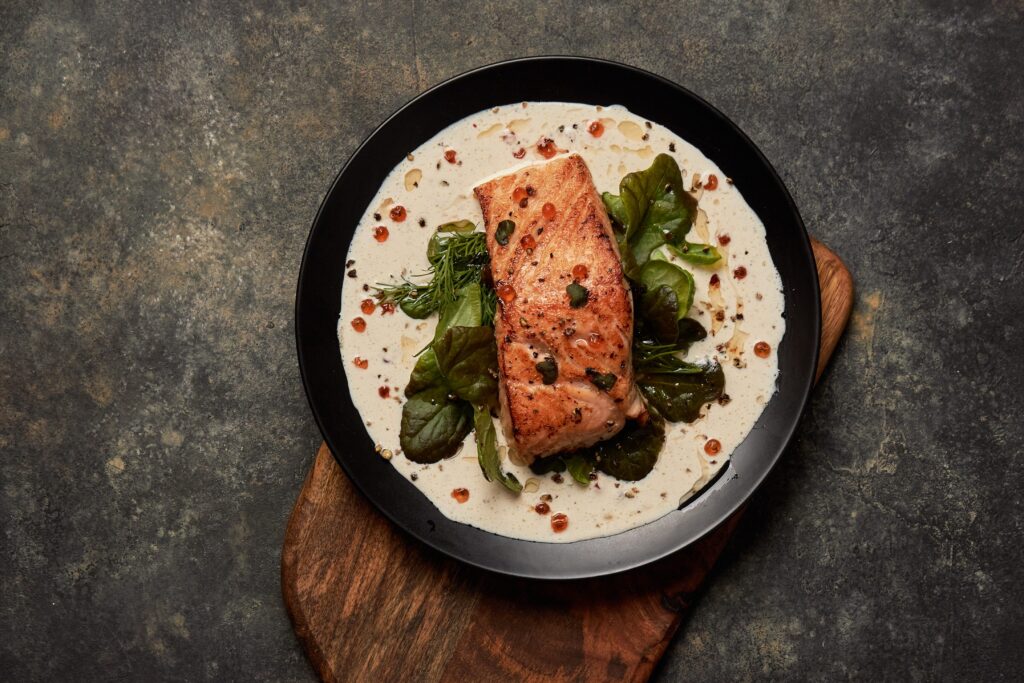
The Slow Fish movement is focused on sustainable seafood, our environment, the work of the people who provide us with seafood, and consumer habits around seafood consumption. Keeping our waters healthy is important to those of us who live in the Puget Sound and how our waters are affected by the Pacific Ocean.
To learn more about the Slow Fish movement, please visit https://slowfoodusa.org/slow-fish/.
Slow Meat
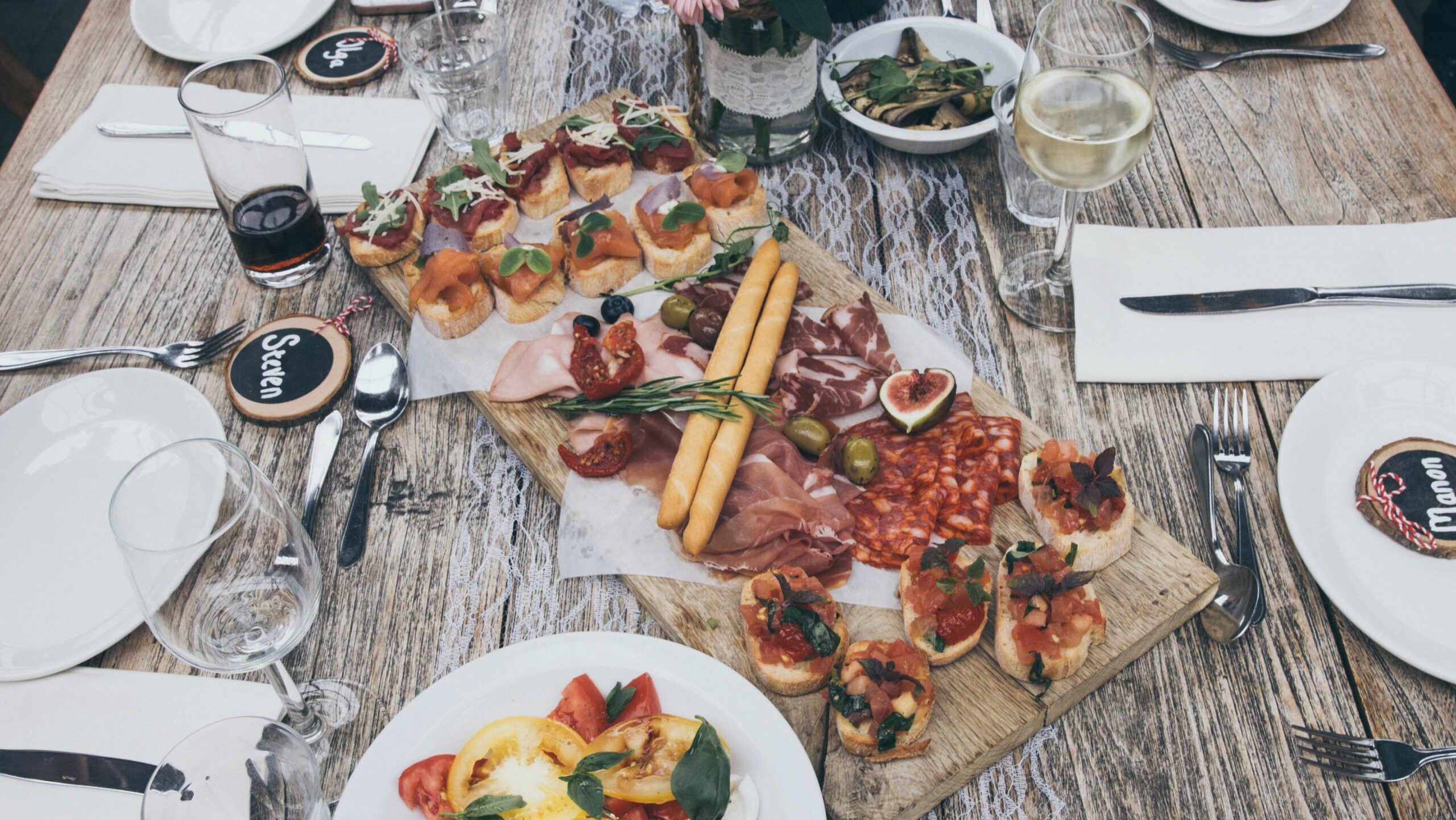
The Slow Meat movement encourages people to eat less meat, of better quality, from farms that care about the welfare of their animals and the quality of their diet, and to choose local breeds and buy lesser-known cuts of meat to help prevent waste. Slow Meat brings together ranchers, farmers, butchers, chefs, eaters and more to share ideas on how we can produce meat that is good, clean and fair for all.
To learn more about the Slow Meat movement, please visit https://slowfoodusa.org/slow-meat/.
Snail Award
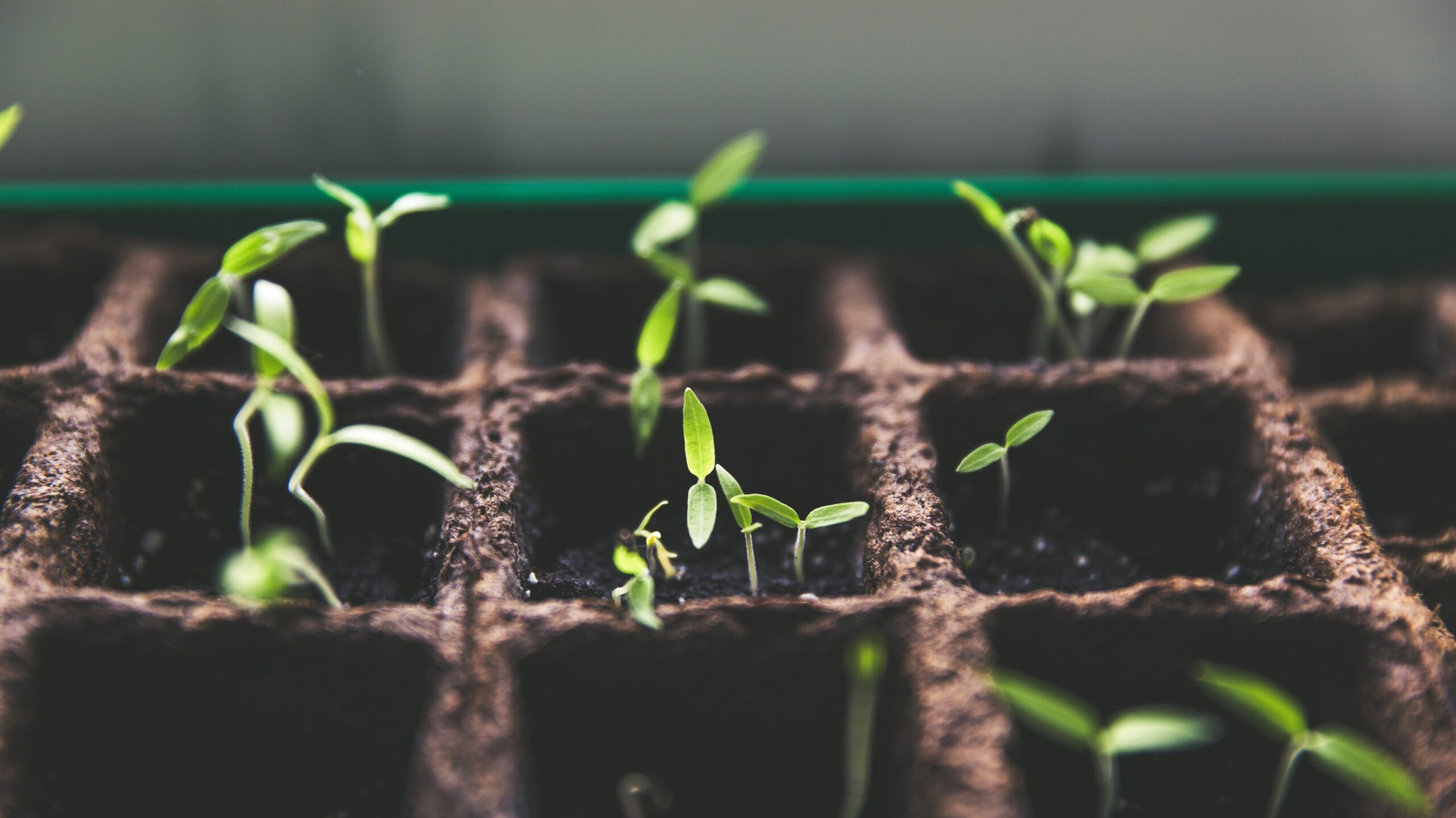
The Snail Award program recognizes those people in our community who are ardent supporters of the Slow Food mission. If you are a Slow Food Whidbey Island member and would like to nominate a person or organization, please send an email detailing how your nominee exemplifies the principles of Slow Food to [email protected].
To learn more about the Snail Award program, please go to https://slowfoodusa.org/snail-of-approval/
Ark of Taste
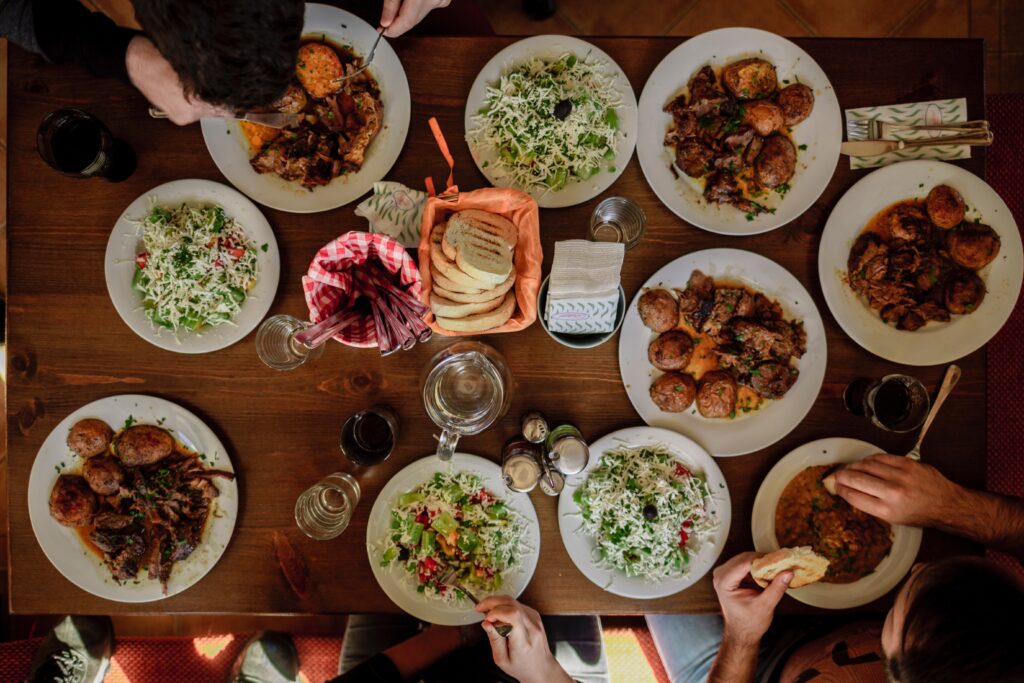
The Ark of Taste is an international catalog of exceptional food products threatened by industrial standardization and regulations of large-scale distribution and environmental damage. In an effort to cultivate consumer demand—a key part of agricultural conservation—only the best tasting endangered foods make it into the Ark. The Ark of Taste includes fruits, vegetables, livestock breeds, wild species (if tied to methods of harvesting, processing and traditional uses) and processed products (cheeses, breads, sweets and cured meats). To be accepted into the Ark, food products must be sustainably produced, unique in taste, and part of a distinct regional history and culture. Locally grown products currently in the Ark are the Ozette Potato, Rockwell Bean and Sugar Hubbard Squash.
To learn more about the Ark of Taste program, please visit https://slowfoodusa.org/ark-of-taste/.
